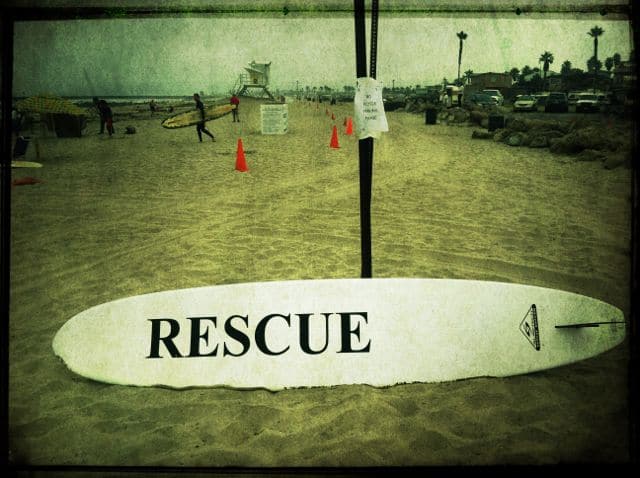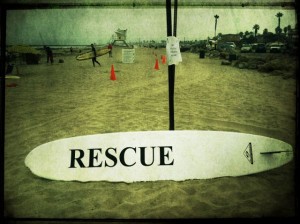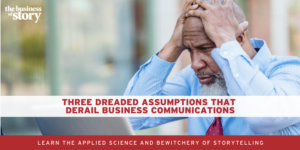Can you imagine Thog, and his associate Krag, on the Savannah a few million years ago assessing the cheetah in the bush? Their survival minds (which were identical to ours) didn’t question the velocity at which the hungry cat was running at them. They didn’t count the number of spots on its coat. Nor did they assess the distance and compute the amount of time it would take for the predator to reach them in time for dinner. Its dinner.
No, Thog and Krag relied on their primordial brains to instantly knit together meaning from all of that data and tell them a story. And the moral of that story was, “Survival goes to the fleetest-of-foot!”
We are awash in big data. Powerpoints are ladened with data. Chief sustainability officers, in particular, seem to gravitate to data-speak in hopes to save the planet. Have you sat with your health insurance agent lately? My God, those conversations are nothing but numbers and data. A cold way to insure one’s sustainability.
In this week’s podcast with legendary screenwriting coach, Robert McKee, we explore how data actually threatens our survival. This is one area McKee will cover in his one-day storytelling workshop for business leaders in Los Angeles on September 26.
[soundcloud url=”http://api.soundcloud.com/tracks/99575794″ params=”” width=” 100%” height=”166″ iframe=”true” /]
From the interview:
“Data pisses people off. They look at it and say my mind is full of this stuff. What corner of my mind am I going to put this? They just file it away. When you talk to people in a data-filled way, you not only piss them off, but what you don’t realize is that data is a threat to their survival. Their mind is a human mind and it has a scanning system that is constantly alert to danger, and danger comes from change. Is this change moving us to the positive or to the negative? When you pack someone’s head full of data, it clutters the mind, distracts them, so they can’t concentrate on what’s really important, and that’s change.
It isn’t only that data is inconvenient and cluttering up my head. This clutter is going to cause me to make mistakes. This clutter is going to trip me up and make me fall on my face, and I need to be alert. That’s why people react so negatively to all the data dumps, because deep inside they understand that this threatens my survival.”
Here is an excellent article from the Harvard Business Review, How to Tell a Story with Data, from Jim Stikeleather, Executive Strategist, Innovation for Dell Services. Let the data inform the story (Crap, that cheetah is running right at us fast, and he looks hungry), and then find the compelling narrative that will prompt your audience into action. Then, when you’re ready to tell your data-driven story, be certain to understand your audience, be objective, don’t censor, and edit, edit, edit.
Modern business is overwhelmed with data. But you can own the boardroom, break room, chat room and living room by bringing meaning to data through storytelling. Here’s my simple equation from an earlier McKee podcast for thinking about how to bring meaning to data to inform your stories.
Data + Context + Metaphor x Story = Meaning
Data requires context, expressed through metaphor, and amplified by story to create meaning.
Start telling data-driven, meaning-filled stories to motivate your people.












